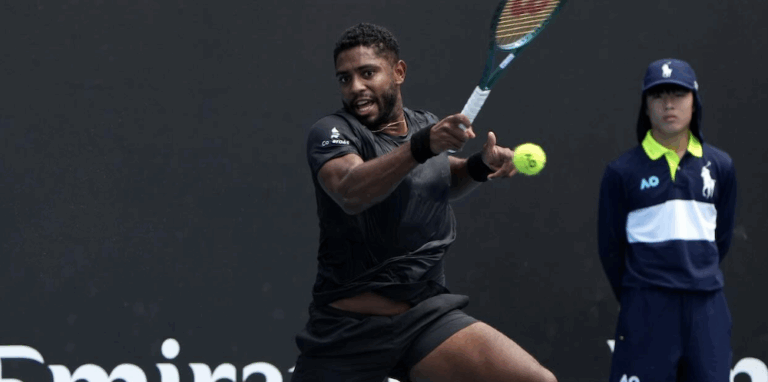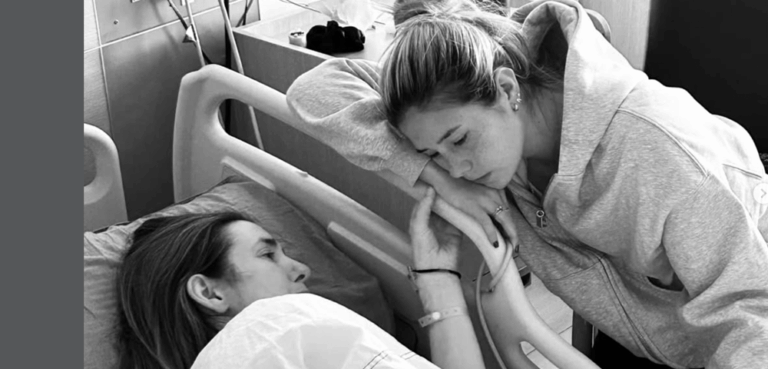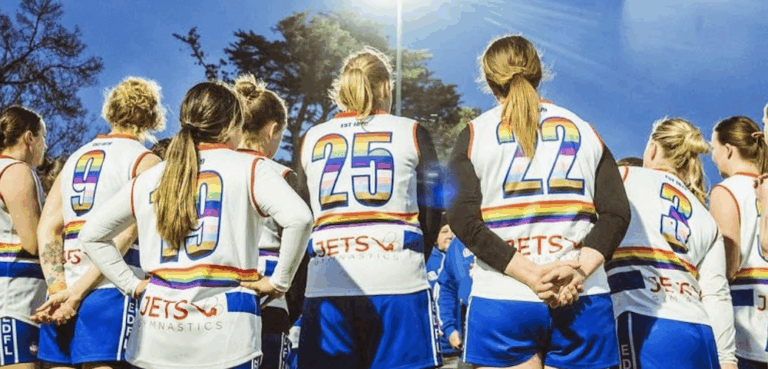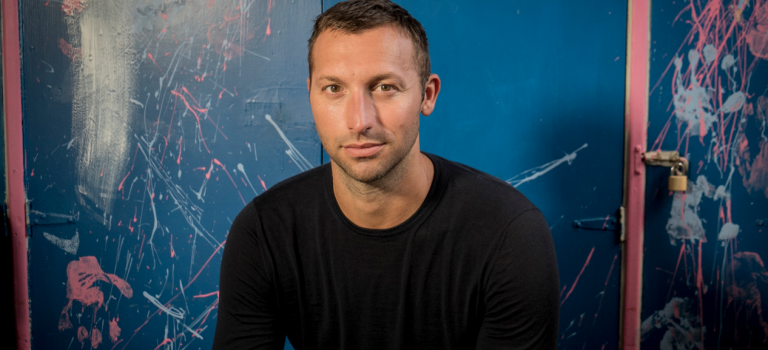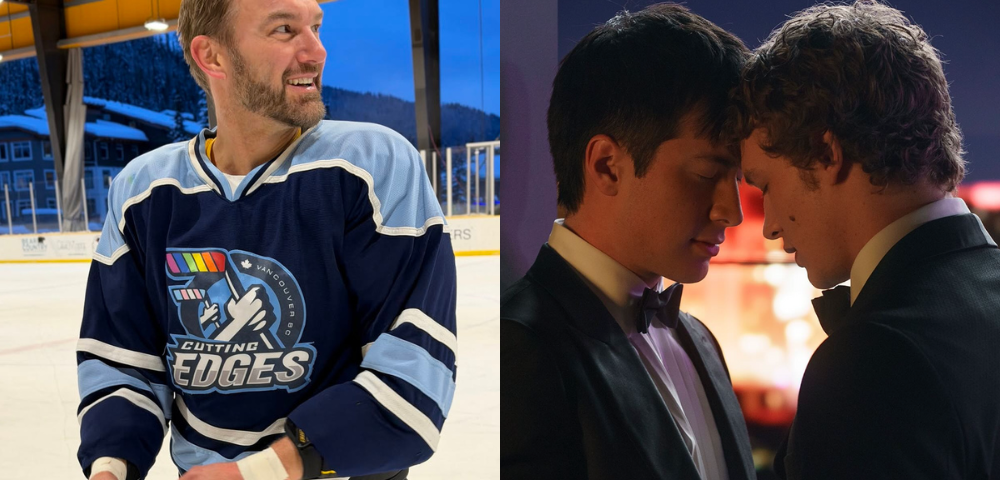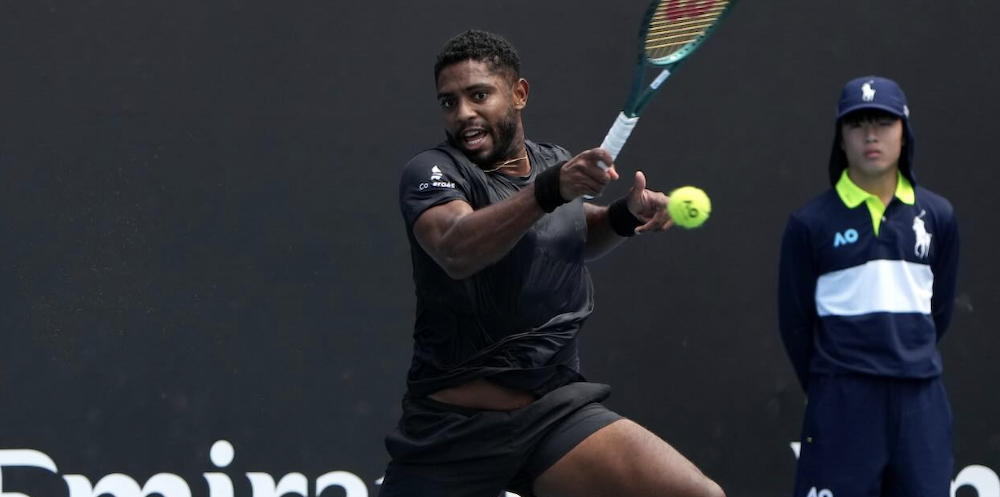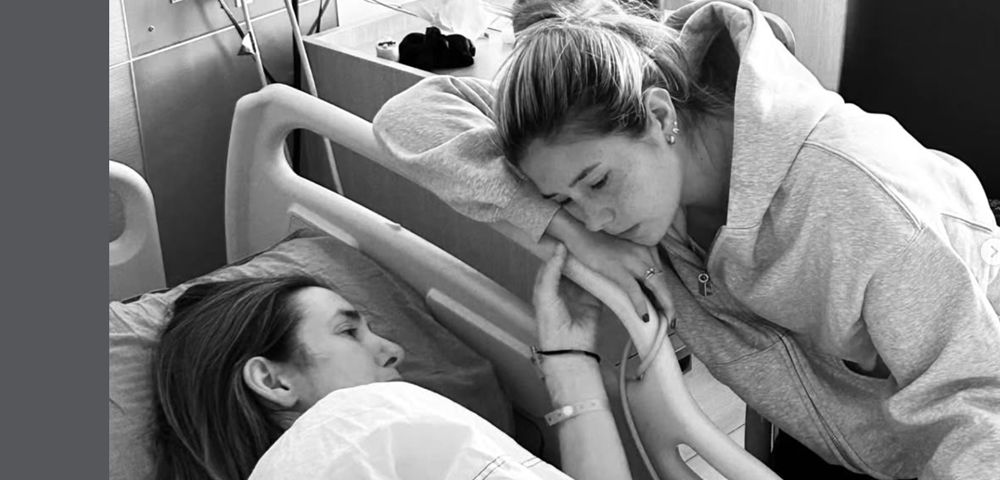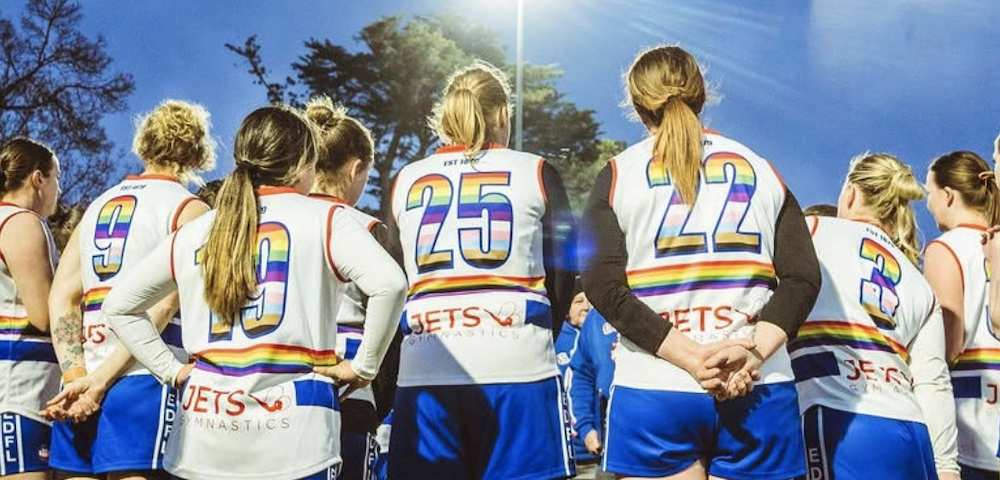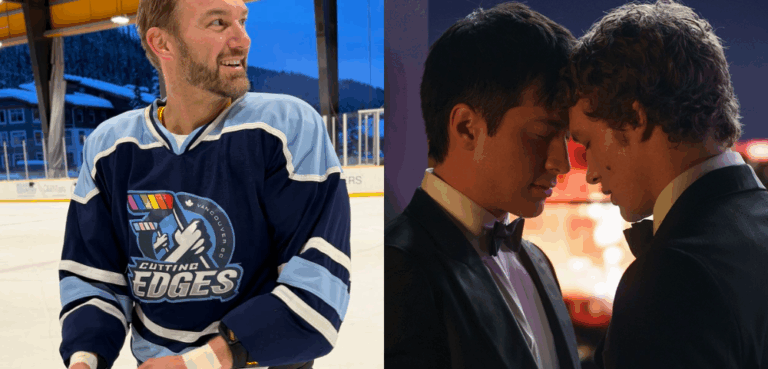
How Pride Cup is helping to give LGBTI people equal footing on the sports field
Chief Executive of Proud 2 Play and project leader at Pride Cup Australia, James Lolicato, looks at why equity is vital in ensuring everyone has equal footing on the sports field.
***
Why do LGBTI+ people need their own sports programs?
This is the question I have been asked most throughout my journey in the world of sports inclusion. It was the first question my parents asked me on the day I pitched the idea of Proud 2 Play—a youth run charity which increases participation of LGBTI+ youth in community sport and volunteering—to them.
When talking about LGBTI+ sports inclusion, the debate surrounding equality versus equity is important. In order to be truly inclusive we must have an approach that is based on the latter.
Let’s talk about the difference between equality and equity: equality is giving everybody the same in the hopes they will land on equal footing, while equity is giving people a tailored amount to ensure they land on equal footing.
I remember once being shown two different images of the same three people trying to see over a fence to watch a game of footy.
In the first image, each person was standing on a box of equal height.
The tallest person could see over the fence, the shorter one could almost see over the fence, and the shortest person had no chance.
In the second image, each person was standing on the number of boxes they actually needed to see over the fence.
The tallest required none because he could already see over the fence, the middle person stood on one box so he could see, and the shortest was standing on two boxes.
Was the second image an example of equality or inequality, given one person had more boxes than the others? The answer is neither, this is equity.
Another example of equity surrounds people living with a disability while participating in sport.
I think we can agree that those needing the assistance of a wheelchair should have the opportunity to enter a field using a ramp. However, the ramp in this scenario contradicts the idea of equality, because by giving one player more, we are by extension giving another less.
That’s why it is important to frame inclusion around the principles of equity rather than equality.
When Proud 2 Play provides sporting clubs and associations with additional education and resources around LGBTI+ inclusion, to make sure that all queer people feel safe in their teams, that is equity.
Similarly, Team Melbourne, Sydney, and Adelaide fielding LGBTI+ specific sporting clubs may not be equality, but it is equity.
Recently, I was lucky enough to join the team at Pride Cup Australia as their project leader. The Pride Cup harnesses the power of sport to send a strong message of hope, inclusion, and acceptance to LGBTI+ athletes and supporters.
The Pride Cup’s celebration of inclusion and diversity by running pride-themed events does not represent equality, because we are celebrating one community, but it does go some way towards achieving equity.
The day of the ‘equal playing field’ is gone, and is now replaced by equity, and people both within and outside of the LGBTI community will benefit from it.
We have seen a major shift in the conversation over the past few years.
We have moved past LGBTI+ people being expected to stay in the closet and not talk about their sexuality or gender identity, to a time where Pride Cups and their associated rainbows make the front page of rural publications.
We’ve even seen openly LGBTI+ sportspeople like the incredible Erin Phillips kissing her beautiful wife and becoming a beacon of love, not disgust, for news sources around Australia.
I don’t play sport, I’m gay. This was the first comment shared with me during a consultation session with a local LGBTI+ group in Melbourne.
This young person had used their sexuality as an excuse to not be involved in a cricket session.
I remember wondering how that idea had become so ingrained in the way LGBTI+ people thought.
Another young person who identifies as non-binary shared their school diary with me and in it, next to every single day, was a number. A countdown of sorts.
Initially I thought it was a countdown to an upcoming holiday or a birthday, but they told me it was “counting down the days until compulsory P.E. is over”.
By not being involved in P.E. or sport at a young age, young LGBTI+ people are missing out on the positive and long-lasting effects that come with participation in sport.
That sense of belonging, or of benefitting from the overall social, physical, and mental well being afforded to people who play sport should be available to everyone.
If achieving this means that Proud 2 Play needs to focus the lens of equity on sporting groups, codes, and associations then we will do it. There is too much to lose if we don’t.
This brings me back to the original question my parents asked me three years ago: why do LGBTI+ people need their own sports programs?
The short answer is equity; by giving the LGBTI+ community structured participation and volunteering pathways and by providing education to mainstream sporting clubs, we are simultaneously working on eradicating homophobia, biphobia, transphobia, and intersexism in sport culture, while also providing opportunities for LGBTI+ people to be involved in safe spaces of their own.
This double pronged approach goes ways in ensuring that LGBTI+ people no longer have to choose between their sexuality or gender identity and sport.

